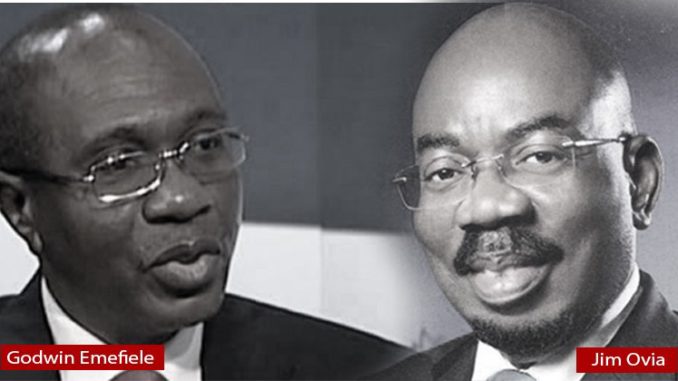
The Moral Quandary: Exploring the Ethical Dimensions of Desperation and Exploitation in Nigeria
By Oluwaseyi Oduyela
Introduction
In the heart of Nigeria, a nation marked by cultural richness and economic disparities, lies a profound moral quandary that demands our attention. The plight of economic desperation and the web of exploitative practices have woven intricate threads, encompassing economic coercion, cultural perceptions, and the far-reaching impact on community well-being.
Economic Desperation and Exploitative Practices
The prevailing economic challenges in Nigeria have undoubtedly created a climate of desperation for many individuals and families. This desperation can drive some to seek opportunities through illegal means, often because of limited access to legitimate channels for improvement.
The exploitation of vulnerable people by their compatriots raises profound questions about ethics and community responsibility. It highlights the corrosive impact of systemic inequalities and the vulnerabilities that emerge within communities facing economic hardships.
The president’s initiative to provide free train rides during the holidays was a commendable effort to enhance community engagement. However, the reported incident of railway staff blocking booking to profit from the scheme raises concerns about ethical conduct and accountability in public service and challenges our sense of humanity as a people.
The exorbitant fees for the Certificate of Sponsorship (COS) and other exploitative practices stand as stark testaments to the ethical complexities entwined with economic desperation. When £15000 is charged for a COS worth £239, individuals are thrust into a moral dilemma, navigating the treacherous waters of economic coercion, and compromised integrity. The chain effects of such desperation are unnerving, propelling individuals toward drastic measures that erode the very fabric of ethical conduct.
Cultural Perceptions and Societal Pressures
The desire to cheat the system and engage in unethical behavior stems from a complex interplay of factors, including the normalization of corrupt practices, a lack of faith in the system’s integrity, and the influence of social and cultural norms that condone such behaviors.
The pervasive narrative of Nigerians as inclined towards illegality and law-breaking warrants a critical examination of its underpinnings. Such perceptions, deeply rooted in societal and cultural dynamics, speak to the complex interplay of historical experiences, systemic challenges, and the reverberating impact of economic disparities. It is within these layers of complexity that the true essence of these narratives unfolds, demanding a nuanced understanding that transcends generalized assertions.
Impact on Community Well-being
Beyond the individual conundrum lies the profound impact on community well-being, a shadow cast by the tendrils of exploitative behaviors. Trust wanes, and social cohesion falters as the consequences of economic exploitation manifest themselves in the very core of the societal tapestry. The most vulnerable members of society bear the brunt of this moral erosion, their lives intertwined with the ramifications of economic inequalities and systemic injustices.
Pathways to Positive Change
In the face of these formidable challenges, the call for ethical leadership and empathetic understanding reverberates with unwavering clarity. It beckons us to challenge the status quo, advocating for systemic change that fosters a culture of empathy, ethical conduct, and social equity. Narratives of resilience, woven by community-driven interventions and ethical leadership models, stand as beacons of hope amid the prevailing moral quandary.
Conclusion
As we navigate the labyrinth of economic desperation and exploitation, the overarching theme is one of ethical responsibility and moral reckoning. It is a call to action, resonating with the urgency of fostering a culture that champions empathy, ethical conduct, and equitable societal structures within the vibrant tapestry of Nigerian society.


Leave a comment